

2018-01-08 10:37:00 Mon ET
stock market gold oil stock return s&p 500 asset market stabilization asset price fluctuations stocks bonds currencies commodities funds term spreads credit spreads fair value spreads asset investments
Spotify considers directly selling its shares to the retail public with no underwriter involvement. The music-streaming company plans a direct list on NYSE in lieu of a hot IPO. This alternative procedure can be cheaper, faster, and less legally risky to the issuer. The issuer may then lose its first-day price run-up in a hot IPO, which seldom benefits anyone apart from the institutional investors who receive an initial allocation of shares. In contrast, most startups file for an IPO through investment banks. These underwriters round up institutional investors to buy the issuer's fresh shares in order to establish a fair market price. Through a promotional roadshow, the underwriters commit to covering these new shares in their due diligence and fair valuation. The underwriters receive a considerable bounty in the order of 3%-5% of the IPO price (e.g. $300 million fee-payment to Alibaba's underwriters).
As cash-rich companies such as Spotify, Uber, and Airbnb have little incentive to raise capital via IPOs, these cash cows prefer to directly list on stock exchanges. Spotify can thus bypass firm commitment on the part of IPO-fee-driven investment banks. Nevertheless, the direct list may expose Spotify to bear raid by short-sellers, little underwriter liability, and less blue-sky transparency. This direct list option may attract more unicorns into the U.S. public stock market.
If any of our AYA Analytica financial health memos (FHM), blog posts, ebooks, newsletters, and notifications etc, or any other form of online content curation, involves potential copyright concerns, please feel free to contact us at service@ayafintech.network so that we can remove relevant content in response to any such request within a reasonable time frame.
2018-05-27 08:33:00 Sunday ET
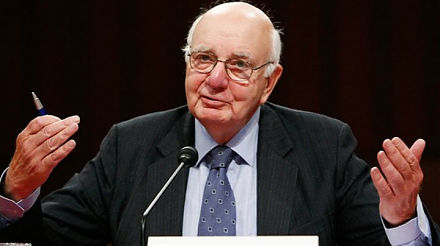
The Federal Reserve proposes softening the Volcker rule that prevents banks from placing risky bets on securities with deposit finance. As part of the po
2019-10-03 17:39:00 Thursday ET
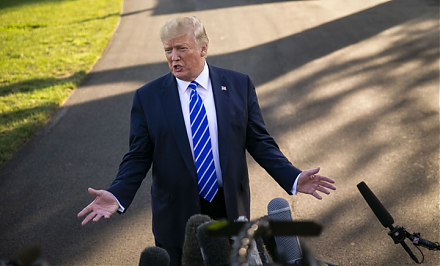
President Trump indicates that he would consider an interim Sino-American trade deal in lieu of a full trade agreement. The Trump administration defers high
2018-05-07 07:32:00 Monday ET
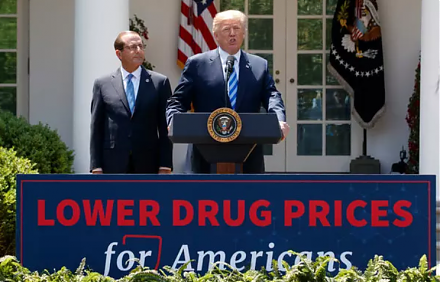
President Trump seeks to honor his campaign promise of lower U.S. medical costs by forcing higher big-pharma prices in foreign countries such as Canada, Bri
2019-03-09 12:43:00 Saturday ET

Pinterest files a $12 billion IPO due in mid-2019. This tech unicorn allows users to pin-and-browse images through its social media app and website. Pintere
2020-08-05 08:33:00 Wednesday ET
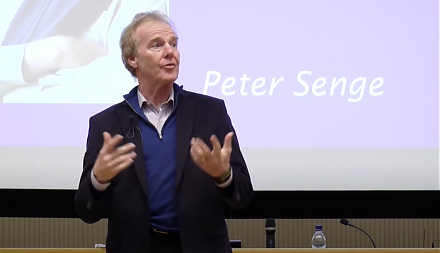
Business leaders often think from a systemic perspective, share bold visions, build great teams, and learn new business models. Peter Senge (2006) &nb
2019-02-04 07:42:00 Monday ET
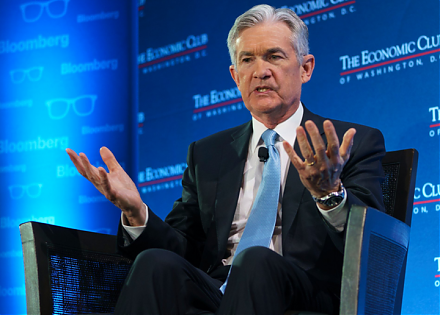
Federal Reserve remains patient on future interest rate adjustments due to global headwinds and impasses over American trade and fiscal budget negotiations.